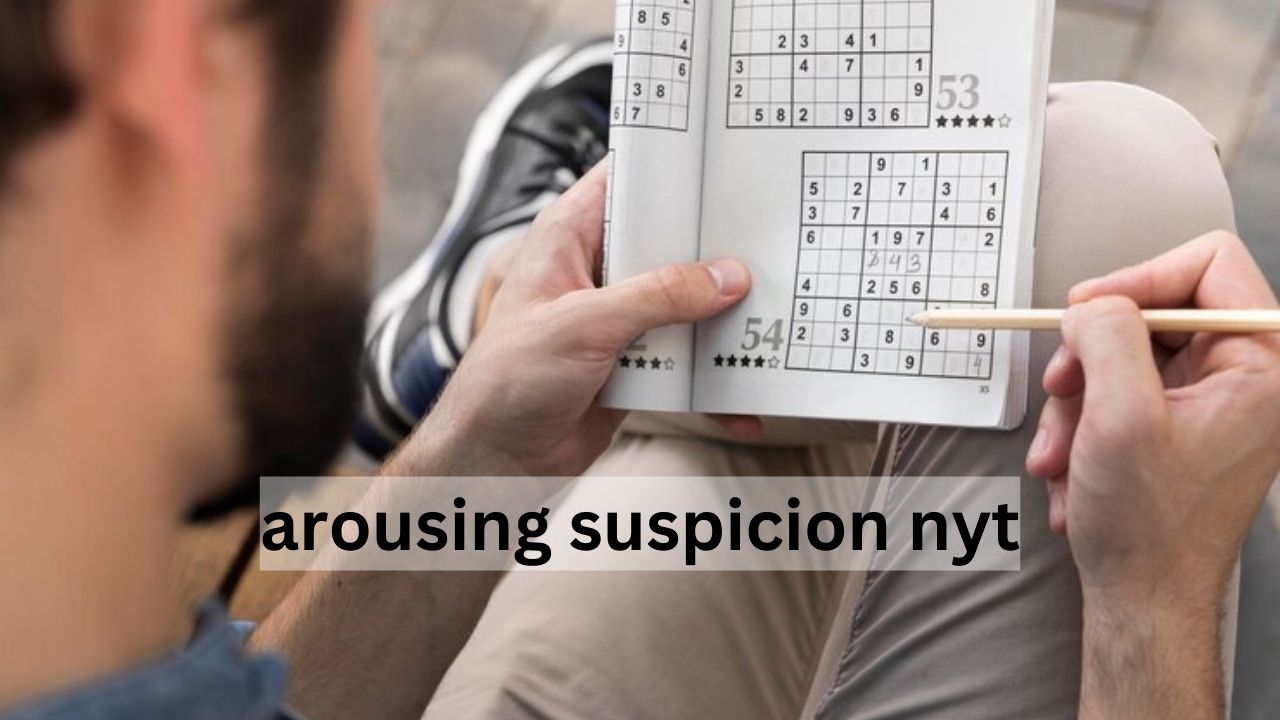In the midst of routine activities, an unexpected event can cause even the most unsuspecting observer to pause and question what lies beneath the surface. It’s these moments that stir something within us, a feeling that something isn’t quite right—arousing suspicion.
Take, for example, the case of a small town where life usually moves at a predictable pace. Recently, a new figure has appeared—a stranger who doesn’t quite blend in. They keep to themselves, never staying in one place too long, yet their presence is undeniable. Whispers have started to circulate. Why are they here? What are they hiding?
Locals have noticed subtle changes since the stranger’s arrival. Conversations hush when they approach, and the once-friendly town has become a place of watchful eyes and guarded secrets. The stranger’s aloofness only adds fuel to the fire, creating a tension that can be felt in the air.
In our world, suspicion often serves as a defense mechanism. It’s the brain’s way of alerting us to potential danger, encouraging us to dig deeper, to uncover the truth. But what happens when that suspicion is unfounded, or worse, when it’s manipulated?
In this town, suspicion has become a double-edged sword. On one hand, it drives people to question and protect what they hold dear. On the other, it can lead to division and paranoia, where every action is seen through a lens of doubt. The stranger’s true intentions remain a mystery, but the suspicion they’ve aroused has already changed the town forever.
This story reflects a broader truth about human nature. When faced with the unknown, our first instinct is often to suspect the worst. But in doing so, we must be careful not to let suspicion cloud our judgment or lead us down a path of mistrust. Sometimes, the act of questioning reveals more about ourselves than it does about the subject of our scrutiny.
As the days pass and the stranger continues to move silently through the town, one thing becomes clear: suspicion, once aroused, is not easily put to rest. Whether justified or not, it lingers, a shadow that colors every interaction, every decision.
